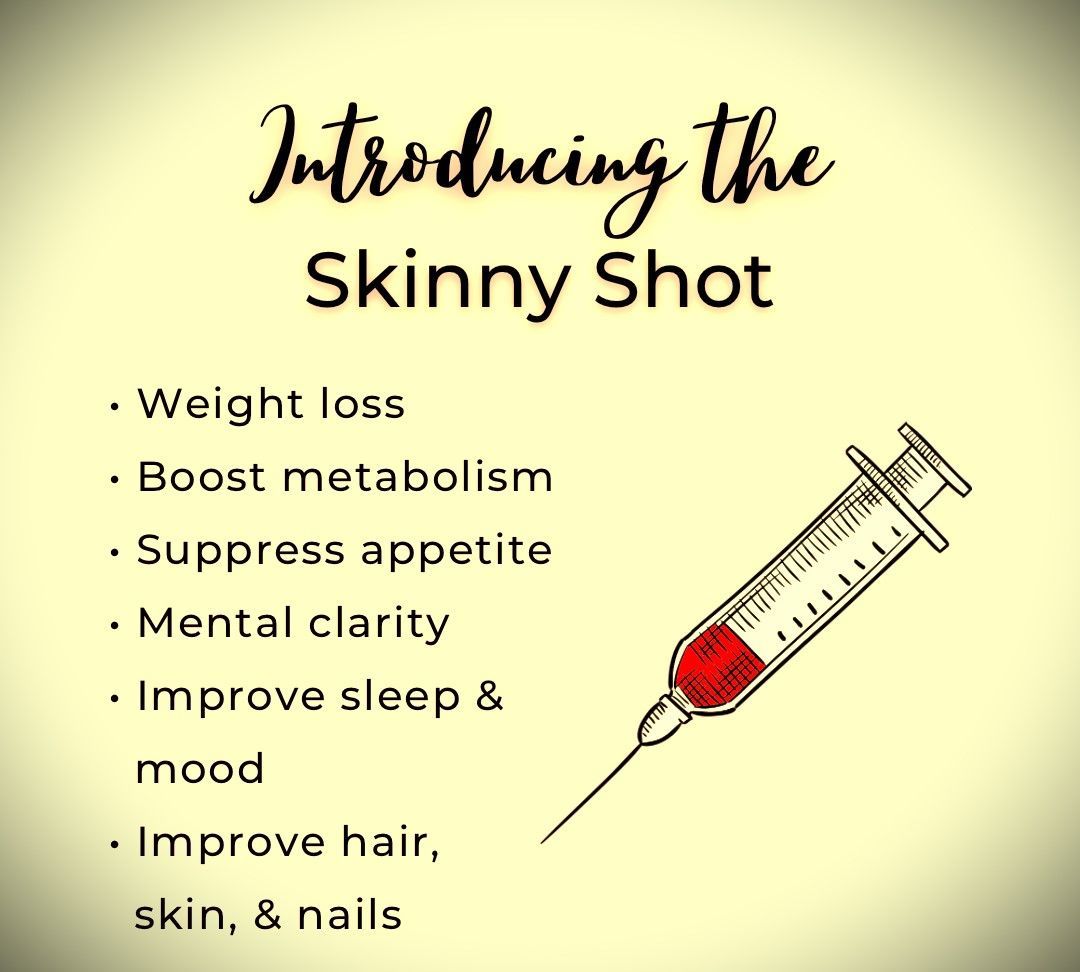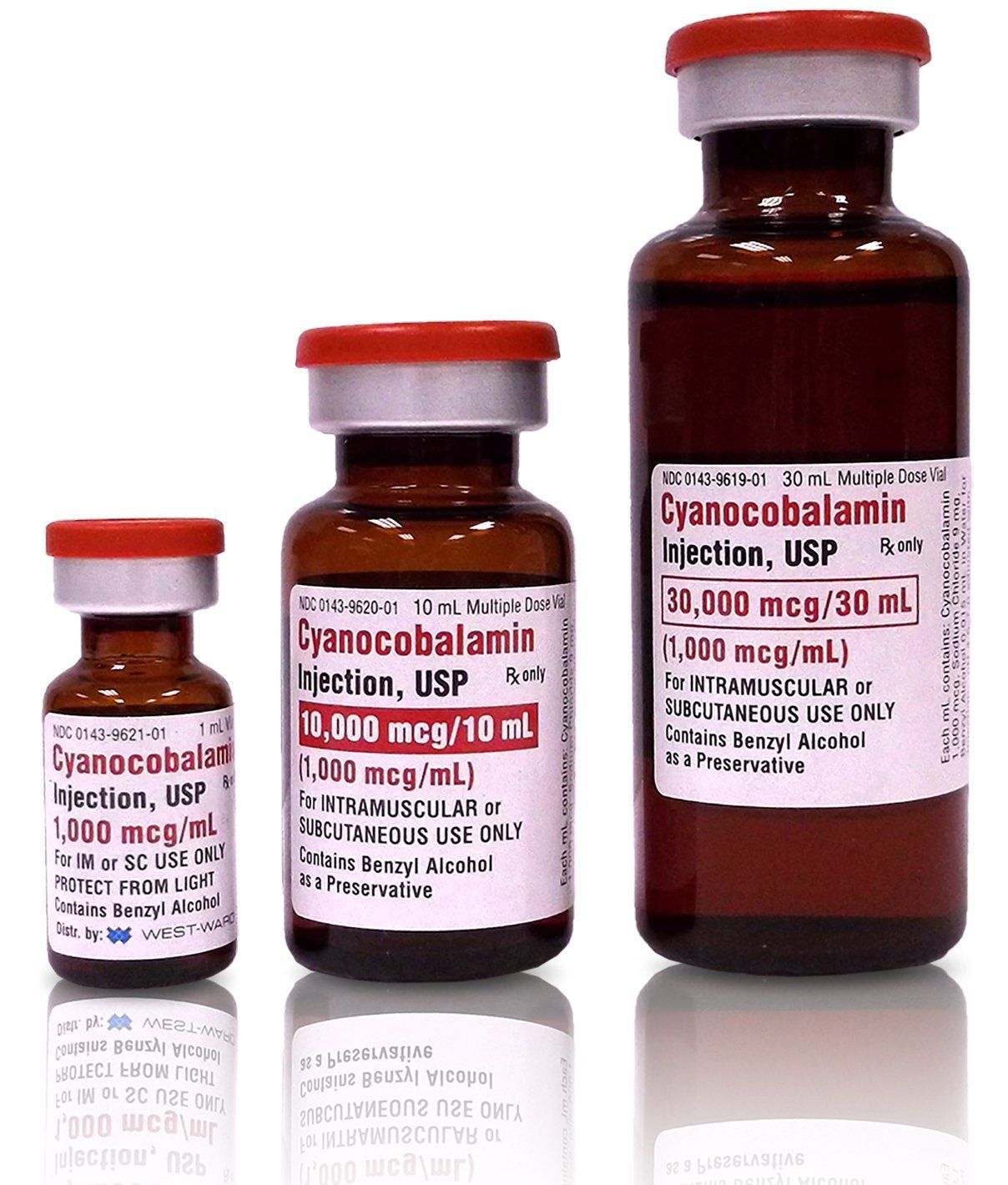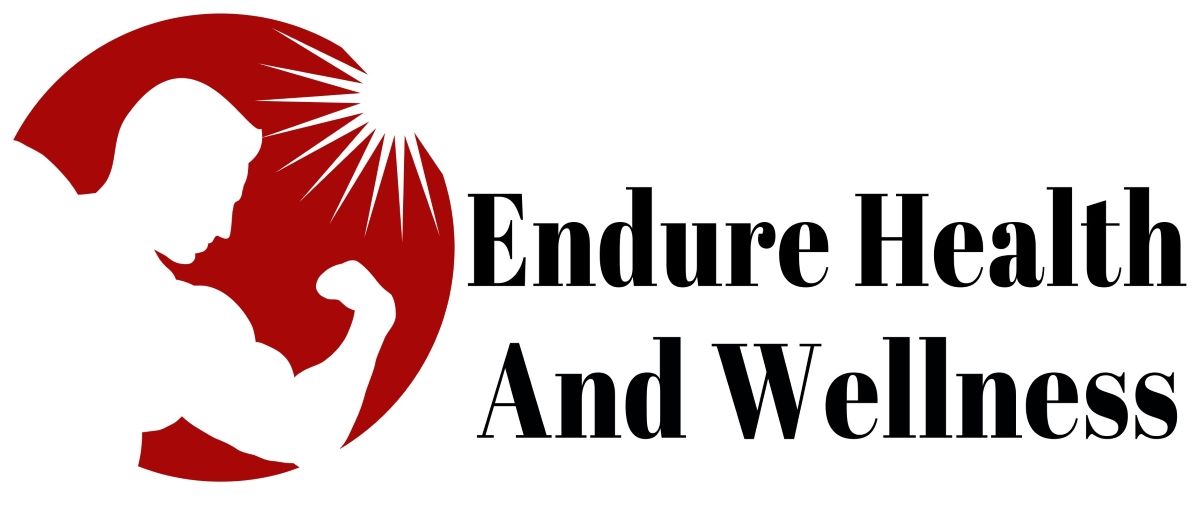Endure Health and Wellness Blog
Understanding the Signs of Low Testosterone: What You Need to Know

Testosterone is a hormone that plays a crucial role in various aspects of health, including muscle mass, bone density, libido, and mood regulation. While testosterone levels naturally decline with age (on average around the age of 35 years old), abnormally low levels can lead to various symptoms that may affect overall well-being. In this blog, we'll explore the signs of low testosterone, also known as hypogonadism, and discuss when to seek medical advice.
What is Testosterone and Why is it Important?
Testosterone is a hormone primarily produced in the testicles in men and smaller amounts in the ovaries in women. It's responsible for the development of male sexual characteristics, such as facial hair, deep voice, and muscle mass. In both men and women, testosterone also plays a role in maintaining bone density, muscle strength, and overall energy levels.
Common Signs of Low Testosterone
- Reduced Libido: One of the most noticeable signs of low testosterone is a decrease in sex drive. Men may experience a reduced interest in sex, difficulty achieving or maintaining erections, and infertility.
- Erectile Dysfunction: Low testosterone levels can contribute to erectile dysfunction (ED), making it challenging to achieve or sustain an erection sufficient for sexual activity.
- Fatigue and Decreased Energy: Testosterone plays a role in regulating energy levels, and low levels of this hormone can lead to persistent fatigue, decreased motivation, and a general lack of energy.
- Loss of Muscle Mass: Testosterone is essential for building and maintaining muscle mass. Individuals with low testosterone levels may experience a decline in muscle mass, strength, and endurance, despite regular exercise.
- Increased Body Fat: Low testosterone levels are associated with an increase in body fat, particularly around the abdomen. This can contribute to weight gain and obesity, further exacerbating the symptoms of low testosterone.
- Mood Changes: Testosterone influences mood and emotional well-being. Low levels of testosterone can lead to feelings of irritability, depression, and decreased concentration.
- Loss of Bone Density: Testosterone plays a role in maintaining bone density and strength. Low testosterone levels can increase the risk of osteoporosis and bone fractures, particularly in older men.
- Hair Loss: While testosterone is responsible for the development of facial and body hair during puberty, abnormally low levels of testosterone can lead to hair loss, particularly on the scalp.
- Sleep Disturbances: Low testosterone levels may disrupt sleep patterns, leading to insomnia, sleep disturbances, and daytime drowsiness.
When to Seek Medical Advice
If you're experiencing any of the symptoms mentioned above, it's essential to consult with a healthcare professional proficient in testosterone replacement for proper evaluation and diagnosis. Low testosterone levels can be diagnosed through a blood test that measures the amount of testosterone in your bloodstream.
Treatment Options for Low Testosterone
Treatment for low testosterone depends on the underlying cause and severity of the condition. In some cases, lifestyle modifications such as regular exercise, a healthy diet, and adequate sleep may help improve testosterone levels. However, if testosterone levels remain low, medical interventions may be necessary.
- Testosterone Replacement Therapy (TRT): TRT involves the administration of synthetic testosterone to increase testosterone levels in the body. This can be done through injections, patches, gels, or implants with injections providing the best form of treatment.
- Medications: Certain medications, such as human chorionic gonadotropin (hCG), may help stimulate the body's natural production of testosterone.
- Lifestyle Changes: Adopting a healthy lifestyle can help improve testosterone levels naturally. This includes maintaining a balanced diet, regular exercise, stress management, and adequate sleep.
Low testosterone, or hypogonadism, can manifest in various symptoms that can affect physical health, emotional well-being, and overall quality of life. Recognizing the signs of low testosterone and seeking medical advice promptly is crucial for proper diagnosis and management. With appropriate treatment, individuals with low testosterone can experience improvements in their symptoms and overall health. If you suspect you may have low testosterone, don't hesitate to consult with a healthcare professional who is proficient in testosterone replacement for guidance and support.










